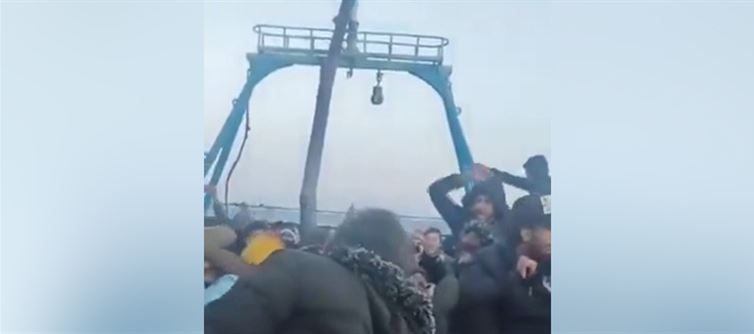
 Chanting 'Allahu Akbar' Hundreds of Men Arrive On Shores of Europe Every Day - Refugees or Invaders?
Chanting 'Allahu Akbar' Hundreds of Men Arrive On Shores of Europe Every Day - Refugees or Invaders?

However, others perceive the situation quite differently. Critics argue that the scale, demographic profile, and manner of these mass arrivals resemble more an unregulated influx than a humanitarian crisis. The fact that many of the arrivals are young, unaccompanied men, often without proper documentation, fuels concerns about integration, cultural clashes, and even security risks. The phrase "Allahu Akbar," though sacred in Islam, has unfortunately become associated in some european minds with radical extremism due to past terrorist attacks, further stoking fears. These critics question whether the line between refugee and invader is being blurred and whether Europe's identity and social fabric are being changed in ways that its people did not consent to.
At the heart of this debate lies the challenge of maintaining balance—between compassion and caution, between helping the needy and preserving national cohesion. europe faces a crucial test: how to manage migration in a way that is both just and sustainable. Failing to address the legitimate fears of its citizens could fuel nationalism and xenophobia, while failing to uphold its values could compromise its moral authority. The solution may lie in stronger border policies, clearer distinctions between genuine asylum seekers and economic migrants, and a more proactive effort to ensure integration and shared cultural norms—before the issue becomes more polarized and volatile.



 click and follow Indiaherald WhatsApp channel
click and follow Indiaherald WhatsApp channel